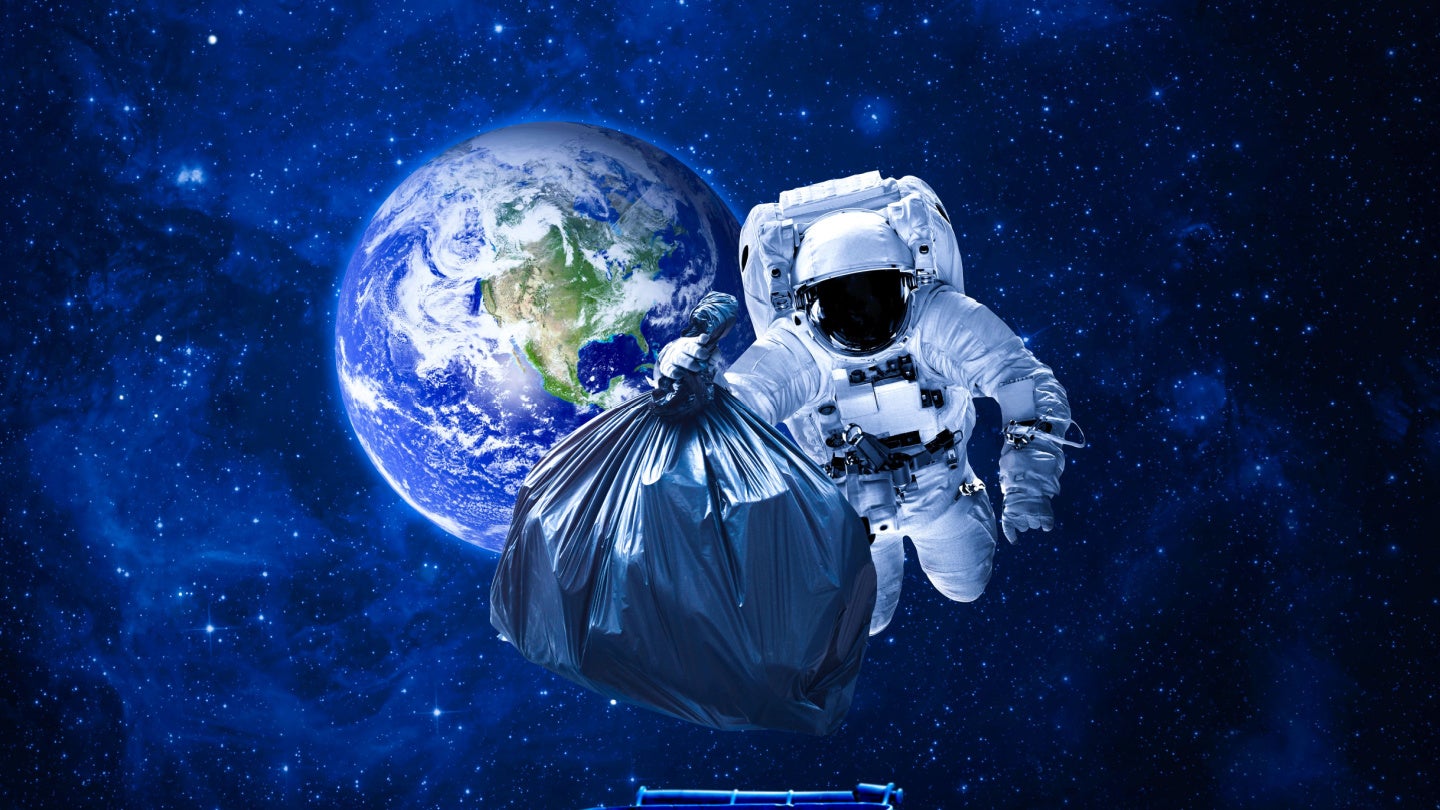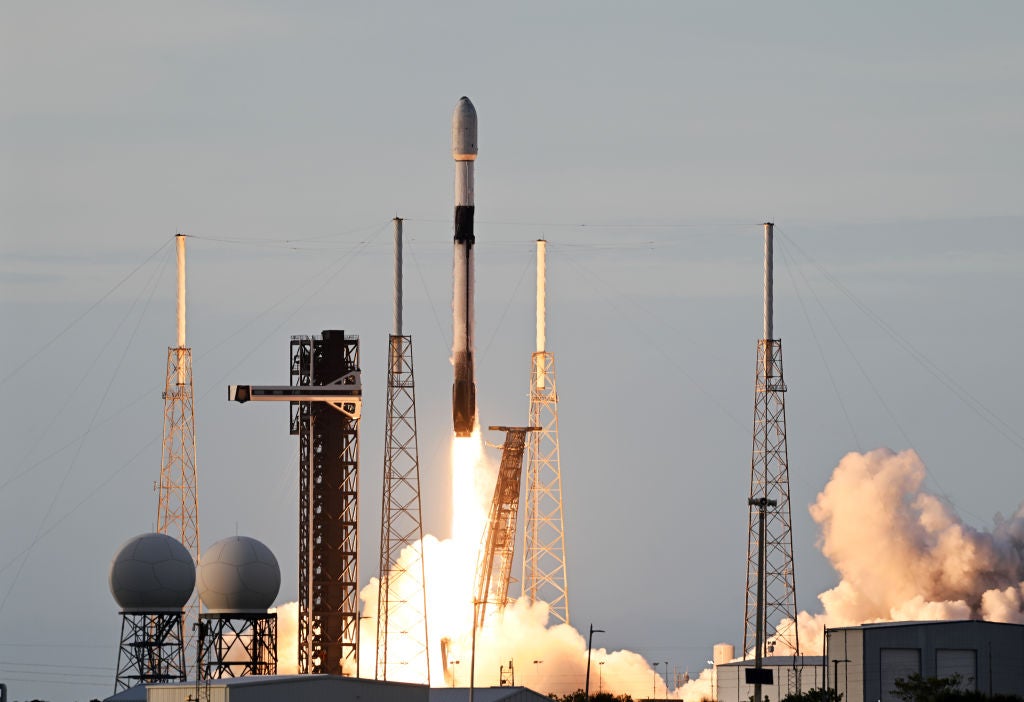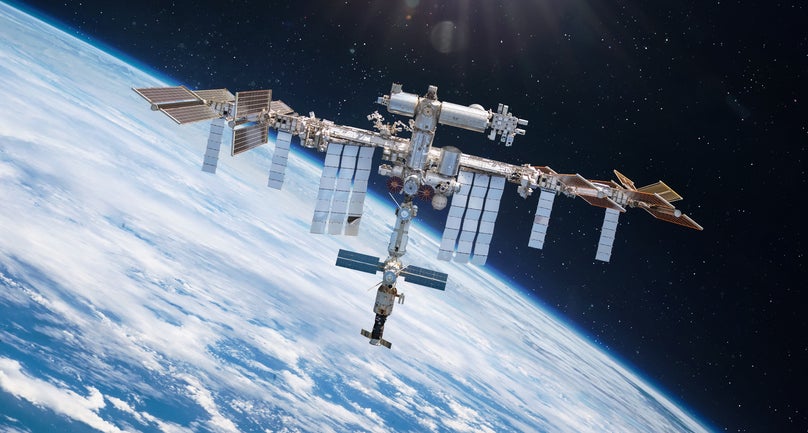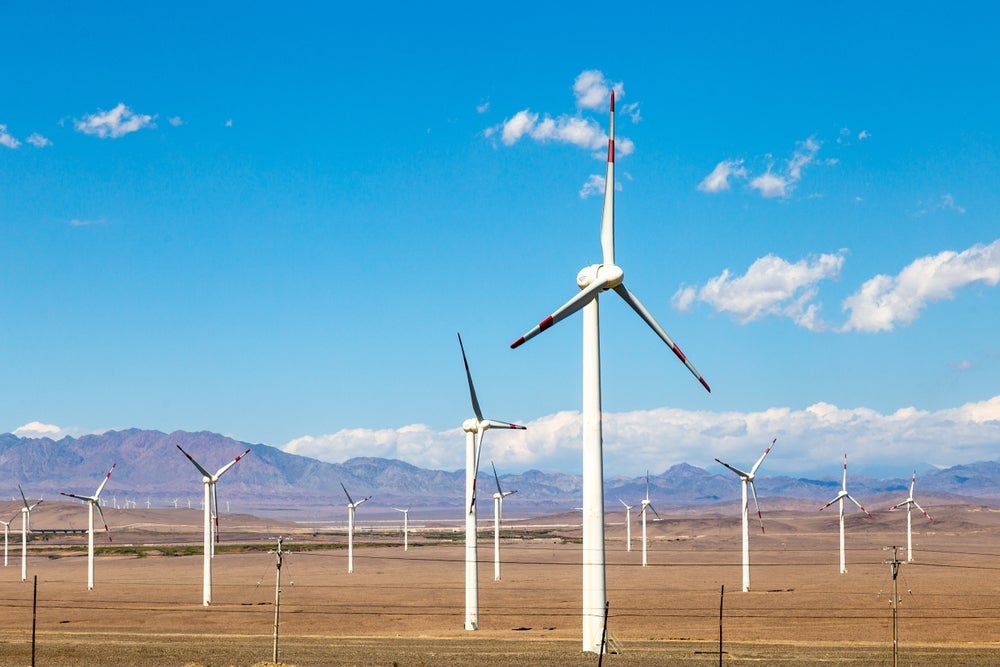Orbital debris are human-made objects in Earth orbit, which no longer serve a useful function.
Much debris was originally single use, but now there is also some debris which has had a long lifespan, or is one of many minuscule pieces, like lens covers, fragments and shards from breakup events, peeling insulation, and even flecks of paint.
There are now around 25,000 pieces of orbital debris large enough to be detected via sensors. When considering the minuscule pieces of orbital debris, the total number is thought to be in the millions.
Danger of collisions with orbital debris
Due to the hostile nature of space, any collision could be catastrophic for equipment and fatal for humans. With a huge amount of waste in orbit around our planet, collisions will become a threat to all space flight.
One of the companies leading the way to solve the issue is Astroscale, a Japanese company with a global outreach, celebrating its tenth anniversary in May this year. Their mission is to ‘develop innovative technologies, advance business cases, and inform international policies that reduce orbital debris and support long-term, sustainable use of space.’
Winning Forbes Japan startup of the year 2019, the European Union’s sustainability in space award 2022 and listed as one of the TIME100 most influential companies in 2022, Astroscale is highly acclaimed. With their first successful round of funding in 2015 raising $7.7m and the most recent round raising $300m in 2021, they show no signs of slowing down until their goal is achieved.
How well do you really know your competitors?
Access the most comprehensive Company Profiles on the market, powered by GlobalData. Save hours of research. Gain competitive edge.

Thank you!
Your download email will arrive shortly
Not ready to buy yet? Download a free sample
We are confident about the unique quality of our Company Profiles. However, we want you to make the most beneficial decision for your business, so we offer a free sample that you can download by submitting the below form
By GlobalDataFour orbital debris services
There are four main services that Astroscale provide. The first is Active Debris Removal (ADR), which is identifying and capturing debris that is already in orbit. Astroscale is developing innovative missions such as removing objects that were not launched with servicing in mind. The Japan Aerospace Exploration Agency (JAXA) has selected Astroscale’s ADRAS-J for its phase two ADR demonstration, which will lift-off from Rocket Lab Launch Complex 1 in 2023. It is planned to rendezvous with a long-abandoned rocket upper stage, where it will trial Proximity Operations (PRO), acquire imagery of its target and the surrounding debris environment, and then deorbit it. The UK Space Agency awarded Astroscale £1.7m ($2.1m) in September 2022, to design a satellite capable of removing multiple defunct satellites in a single mission. This resulted in the Cleaning Outer Space Mission through Innovative Capture (COSMIC), the next step on from the ELSA-M multi-client debris removal space servicer, planned to launch in late 2024. COSMIC uses PRO and robotic debris capture in order to achieve its mission.
The second service that Astroscale provides is End of Life (EOL) servicing to effectively clean the orbital environment. The End-of-Life Services by Astroscale (ELSA), is formed of a servicer satellite with a mass of 175Kg and a client satellite with a mass of 17Kg, launched together. It uses PRO technology and a magnetic docking mechanism. Astroscale’s magnetic docking plates can be added to satellites prior to launch by companies and agencies who are conscious about their role in orbital debris. ELSA-M will rendezvous with a defunct satellite and perform an inspection before docking. It will then bring the satellite to a lower altitude for an uncontrolled re-entry. ELSA-D has successfully demonstrated key technologies in 2021 and 2022. Despite four of its eight thrusters failing, it completed a controlled close-approach rendezvous, but has not yet done an autonomous capture.
Thirdly, Astroscale provides Life Extension (LEX) services, to upgrade and repair satellites rather than replace them. This service could become a lucrative part of the space sector, with on-orbit services potentially generating more than $4 billion by 2028. Companies, governments, and agencies may find repairing and upgrading satellites cheaper than replacing them – an added incentive besides quelling space junk.
Finally, Astroscale provides Space Situational Awareness (SSA), – tracking objects in orbit. This service aids Astroscale’s other capabilities and could be used to prevent collisions and breakup events.
More players
There are more players in this space. ClearSpace is focused on debris removal and in-orbit servicing. SCOUT is focused on satellite inspections in order to avert failures. Rogue Space Systems is also designing satellite vehicles and subsystems to provide on-orbit services. These are just a few. There are also many satellite companies which are looking to address their sustainability before launch.
Astroscale appears to have acquired an abundance of capabilities, some of which have already been demonstrated and some key abilities still need to be demonstrated. However, it has poised itself well for the next generation of space flight, as space sustainability becomes a bigger focus of the industry.
Although, as companies, governments and agencies begin to realize that they could and should put preventative systems in place before launch, Astroscale will increasingly need to work with these organizations. Their magnetic docking plates thus seem to be their product that will have long-term success alongside ELSA.








